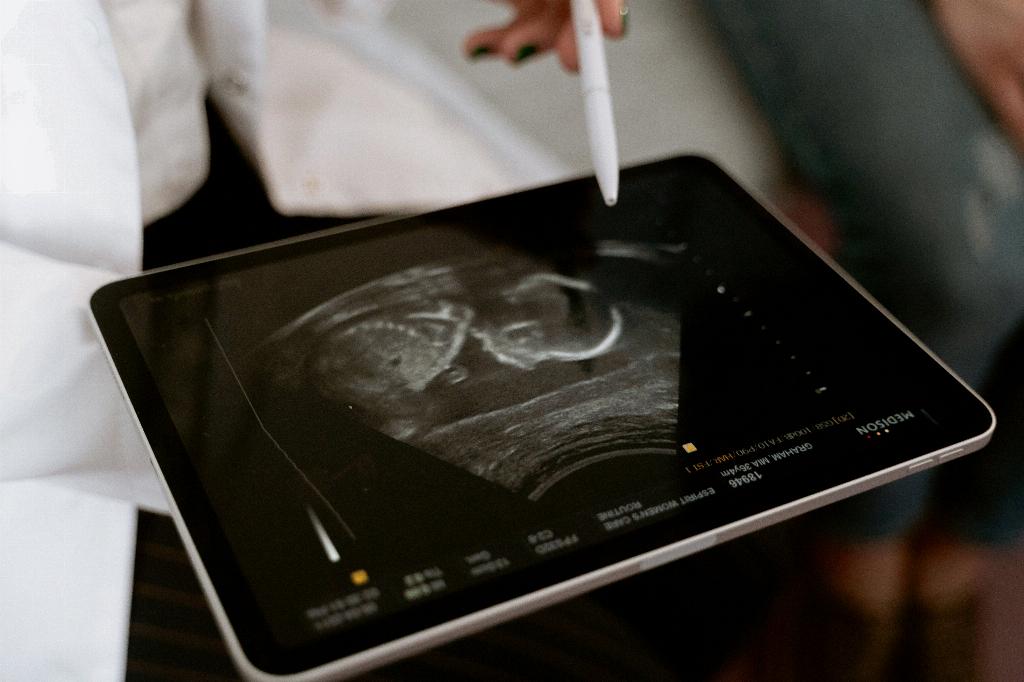It’s a common concern among expecting mothers – the sensation of a fast-beating heart during pregnancy. While it may be alarming at first, it’s essential to understand that this phenomenon is a normal part of the body’s response to the changes occurring during pregnancy.
Physiological Changes Leading to a Rapid Heartbeat
During pregnancy, several changes take place in a woman’s body to support the growth and development of the baby. One significant change is the increase in blood volume, which rises by nearly half during pregnancy. This surge in blood volume requires the heart to work harder to circulate the additional blood throughout the body, including to the developing fetus.
The Role of Hormones in Heart Rate Regulation
Hormones play a vital role in regulating various bodily functions during pregnancy, including heart rate. Hormones like progesterone and estrogen rise significantly during pregnancy and can affect the cardiovascular system, leading to an increase in heart rate. These hormonal changes help prepare the body for childbirth and ensure an adequate blood supply to the growing baby.
Increased Cardiac Output and Oxygen Delivery
With the body working hard to support both the mother and the baby, the heart must pump more blood per minute to meet the increased demand for oxygen and nutrients. This elevated cardiac output is necessary to ensure that both the mother and the developing fetus receive an adequate blood supply to support their respective needs.
Effects of Physical Activity and Emotional Stress
Physical activity and emotional stress can also contribute to a rapid heartbeat during pregnancy. Engaging in strenuous activities or experiencing heightened emotions can temporarily elevate heart rate as the body responds to these stimuli. It’s essential to listen to your body and engage in activities that promote relaxation and well-being during this critical time.
Monitoring Your Heart Rate During Pregnancy
While a faster heart rate is generally considered normal during pregnancy, it’s crucial to monitor any significant changes or irregularities in your heartbeat. If you experience persistent palpitations, dizziness, chest pain, or shortness of breath, it’s essential to consult with your healthcare provider to rule out any underlying issues.
Practicing Heart-Healthy Habits During Pregnancy
Adopting heart-healthy habits during pregnancy can help support your cardiovascular health and overall well-being. Eating a balanced diet, staying hydrated, getting regular exercise, and managing stress can all contribute to a healthier heart rate and overall pregnancy experience.
Seeking Professional Guidance for Peace of Mind
If you have concerns about your heart rate or any other aspect of your pregnancy, don’t hesitate to reach out to your healthcare provider. They can offer guidance, perform necessary assessments, and provide reassurance to ensure a smooth and healthy pregnancy for both you and your baby.
Conclusion
In conclusion, a rapid heartbeat during pregnancy is a common occurrence attributed to the physiological changes taking place in the body to support the growing fetus. Understanding the underlying factors contributing to this phenomenon and practicing self-care can help promote a healthy pregnancy journey. By staying informed, listening to your body, and seeking professional guidance when needed, you can navigate this exciting and transformative time with confidence and peace of mind.

